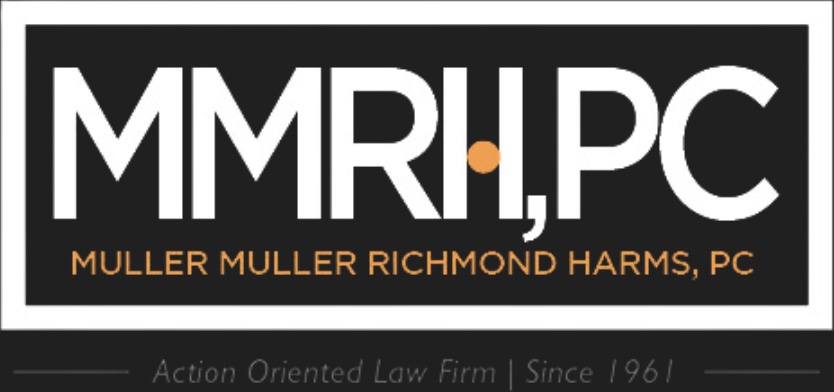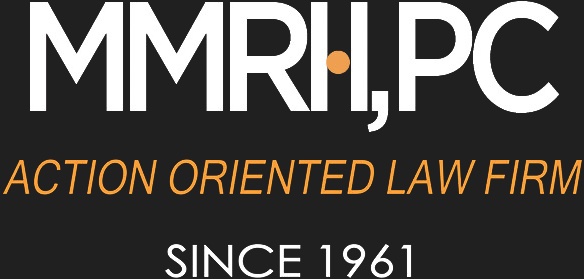Selecting a Professional Debt Collector
Have you been struggling to find a reliable debt collector?
How can you tell a good debt collection service from a bad one?
When you approach a collection professional, they should try to anticipate your needs, asking about the type of business you operate; whether your business is regional, national, or international in scope; who your debtors are (and whether they’re primarily commercial or consumer); and what types of services you’re looking for. If you don’t know what services you need, the collection professional should happily provide you with website links, brochures, and detailed explanations of the services they recommend for your company and what those services cost.
Characteristics of a Good Collection Service
How do you separate good debt collection professionals from mediocre ones? Here are some signs to look for:
One-Stop Shopping: You don’t want to search all over the country for professionals that provide different kinds of services in different locations. Find a debt collection professional that offers all the services you need in the locations you require, including national or international services.
Bricks, Mortar, and People: Check the debt collector out, perhaps even in person. Ask them questions, and get references who can tell you about their services. What does the service look like? What type of people work there, what computer systems and other technologies do they use in their collection efforts, and how responsive are they to emergencies?
Meaningful Reporting: Whether you want reports on individual collections files or a bulk report listing all the claims you’ve placed with the service, a good professional tailors reports to your needs. When you work with your debt collector, specify the information you can use, not a bunch of fluff reports with information that’s not helpful.
Prompt Communication: When you need updates on status reports or favors, good professionals are at your beck and call.
Alerts: Good debt collection professionals alert their clients to potential conflicts of interest and to developments that may affect their credit policies or collection efforts.
Information on Other Claims: Within the bounds of confidentiality, what does the professional know about other claims against your debtors?
Remittances on Collections: When do you need to receive payment on collected accounts? Collection professionals usually provide remittances on a collection-by-collection basis, but depending on the volume of claims you place, they may be done in batches, once or twice per month.
Good Percentage of Recovery: How often does the collection service settle claims versus colleting accounts in full? If you authorize your collection agency to settle cases for 80 percent of their value, will it settle every case for no more than 80 percent or continue to try to collect 100 percent? Keep statistics for each of your collection professionals and compare their performances over time.
Recommendations: Your debt collector should provide sound recommendations on handling collection files, working with particular debtors, and accepting (or not accepting) settlement offers made by debtors.
Trustworthiness: Can you rely on your collection professional’s advice? Over time, has the advice turned out to be good in maximizing recoveries, or is your debt collector just out for a quick fee?
Legal compliance: Your professional should scrupulously follow state and federal laws.
Get Reliable Service for Michigan Debt Collections
Muller Muller Richmond & Harms, PC is one of Michigan’s leading collection firms, you get efficient collection, reliable results, and peace of mind. If you need help with debt collections located in Michigan, call (248) 645-2440 or submit a contact form here. We look forward to taking the burden off your hands.


